The Unspoken Epidemic
We were born perfect and whole. Our emotions were open and free. As children, there was nothing preventing us from expressing ourselves, no set of standards to abide by, no rules. If we wanted to pretend a broom was a horse, there was nobody telling us it wasn’t. If we scraped our knee on the playground, we cried and then got back to playing. We didn’t go around being scared of asphalt our entire lives.
So where's all this coming from?
A few days ago, I went on a walk to clear my mind and noticed a group of children playing together. They laughed wholeheartedly. They didn’t do the "is it safe to laugh?" giggle and then see how everyone else reacted. They fully embraced their joy. When something was wrong, they’d react and defend themselves, but they’d quickly shift their attention back to playing. They were living in the moment, not hampered by the past or worried about the future.
And then it hit me.
These children could do something I struggled with: express what they felt with the ability to give and receive love. They were not burdened by fear or doubt. They chose to see things as they are. I quickly realized that the happiest moments of my life are when I act like a child, singing, dancing, and creating just for the enjoyment of it, not for the final product.
So what happened? Why are we not like children: free of our fears, choosing to live in the moment?
We were “taught” by adults. We witnessed their fears, coping mechanisms, and behaviors and learned to be like them. Like a disease, we were infected and passed it to everyone we knew. Our minds had been reprogrammed out of love and into fear.
Thankfully, the problem is in the program, not in us.
As adults, we are afraid of being punished, but we are also afraid of not being good enough. Out of that comes our need to be accepted. The fear of not getting the reward morphs into the fear of rejection. The fear of not being good enough for someone is what makes us change ourselves and create a false image that we struggle to maintain. Most of us have many disguises, one for each situation or group we’re with. We invest so much energy into practicing being someone we are not that we soon forget who we truly are.
Why? Because we believe this disease to be our reality and we take our role in maintaining it very seriously.
This week I dare you to be your authentic self. Take one moment where you step out of the disease and ask yourself “If I had no need for acceptance or validation, what would I do or say in this moment?” Then, act from that aligned place and witness how it feels to be your true self.
Share your experience in the Comments Section below!

